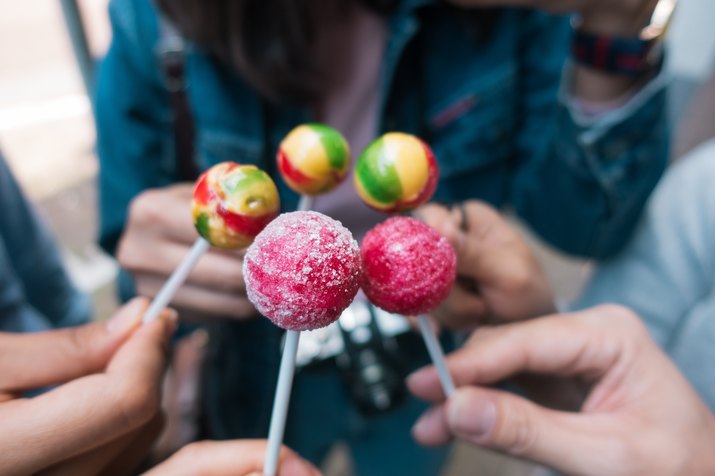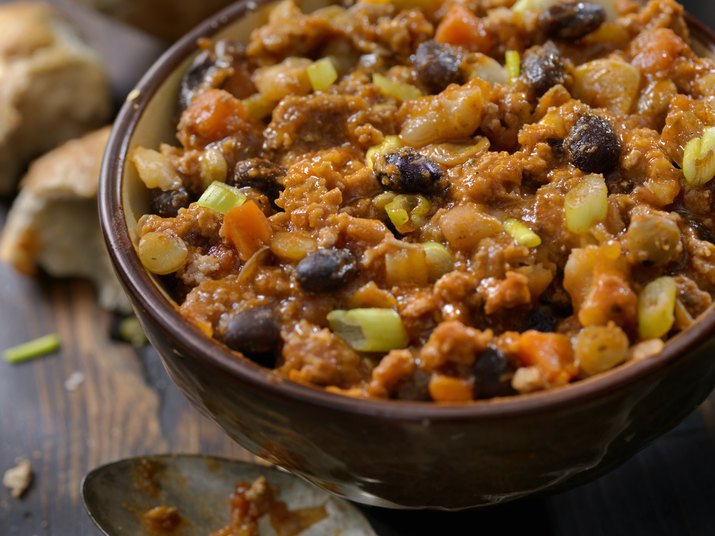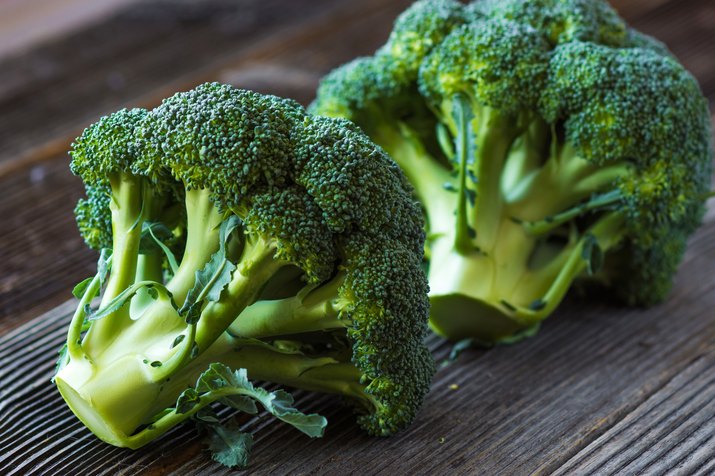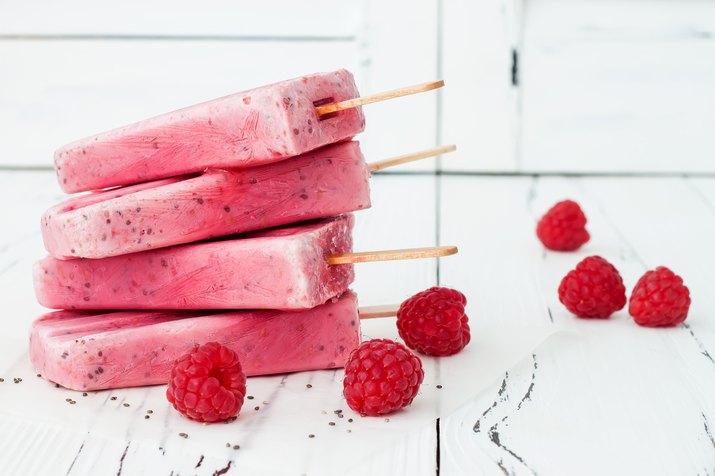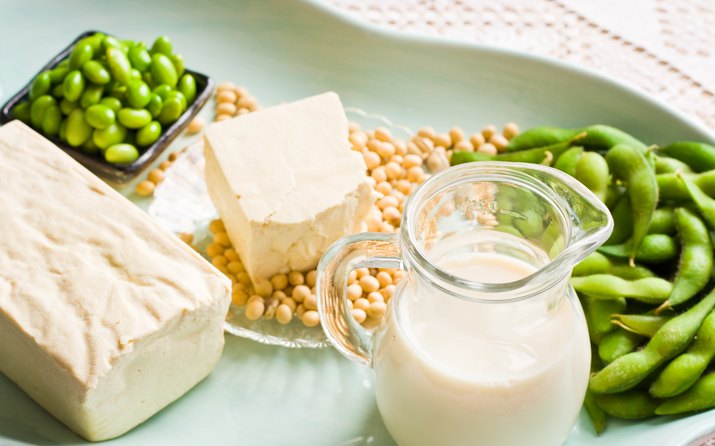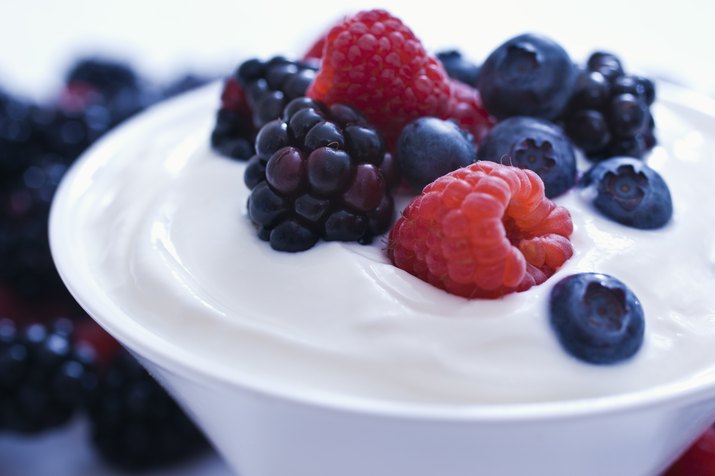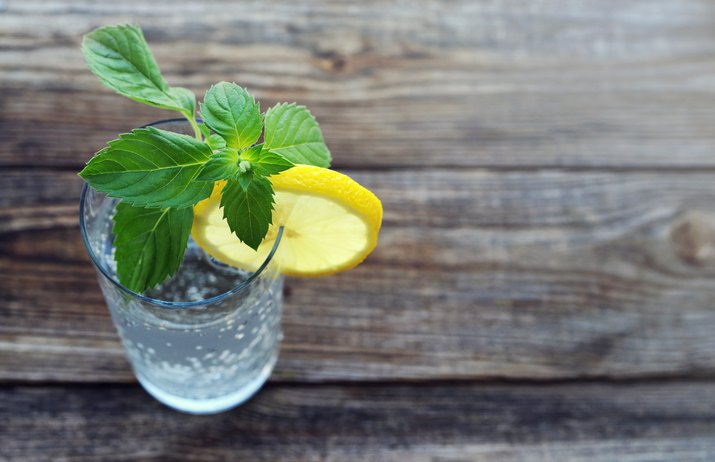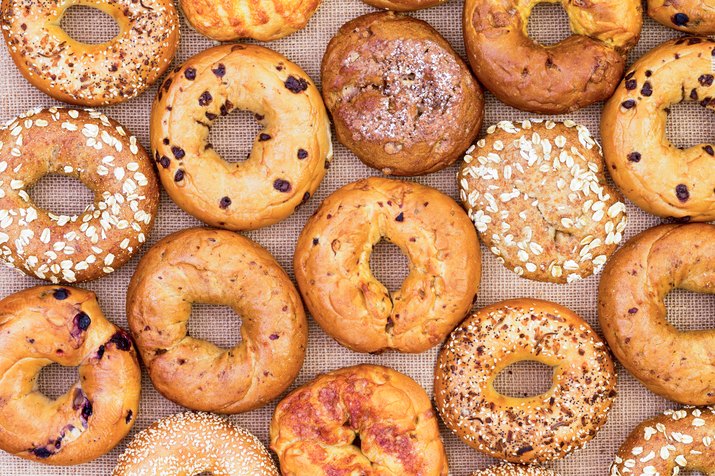Video of the Day
Video of the Day
references & resources
- International Foundation for Gastrointestinal Disorders: "The Low FODMAP Diet Approach: What are FODMAPs?"
- Dana Essner, DNP, APN, FNP-BC, CPN
- U.S. Dry Beans Council: "Bean Facts"
- Harvard Health Publishing: "Gas (Flatulence)"
- International Food Information Council Foundation: "Everything You Need to Know About Sucralose"
- Harvard Health Publishing: "Try a FODMAPs Diet to Manage Irritable Bowel Syndrome"
- Jenny Champion, MS, RD, CPT
- American College of Gastroenterology: "Belching, Bloating, and Flatulence"
- Beyond Celiac: "Symptoms of Non-Celiac Gluten Sensitivity Symptoms"
- The Ohio State University Wexner Medical Center: "Should You Avoid Eating Fructans?"
- Alcohol Research: Current Reviews: "Alcohol and Gut-Derived Inflammation"
- Diet vs Disease: 8 IBS Symptoms You Need to Know About"
- Academy of Nutrition and Dietetics: "The Beginner's Guide to Cruciferous Vegetables"
- Mayo Clinic: "Fructose Intolerance: Which Foods to Avoid?"
- American Family Physician: "Soy: A Complete Source of Protein"
- Harvard Health Publishing: "What’s Causing That Belly Bloat?"
- Current Gastroenterology Reports: "Dietary Fructose Intolerance, Fructan Intolerance and FODMAPs"
Is this an emergency? If you are experiencing serious medical symptoms, please see the National Library of Medicine’s list of signs you need emergency medical attention or call 911.

